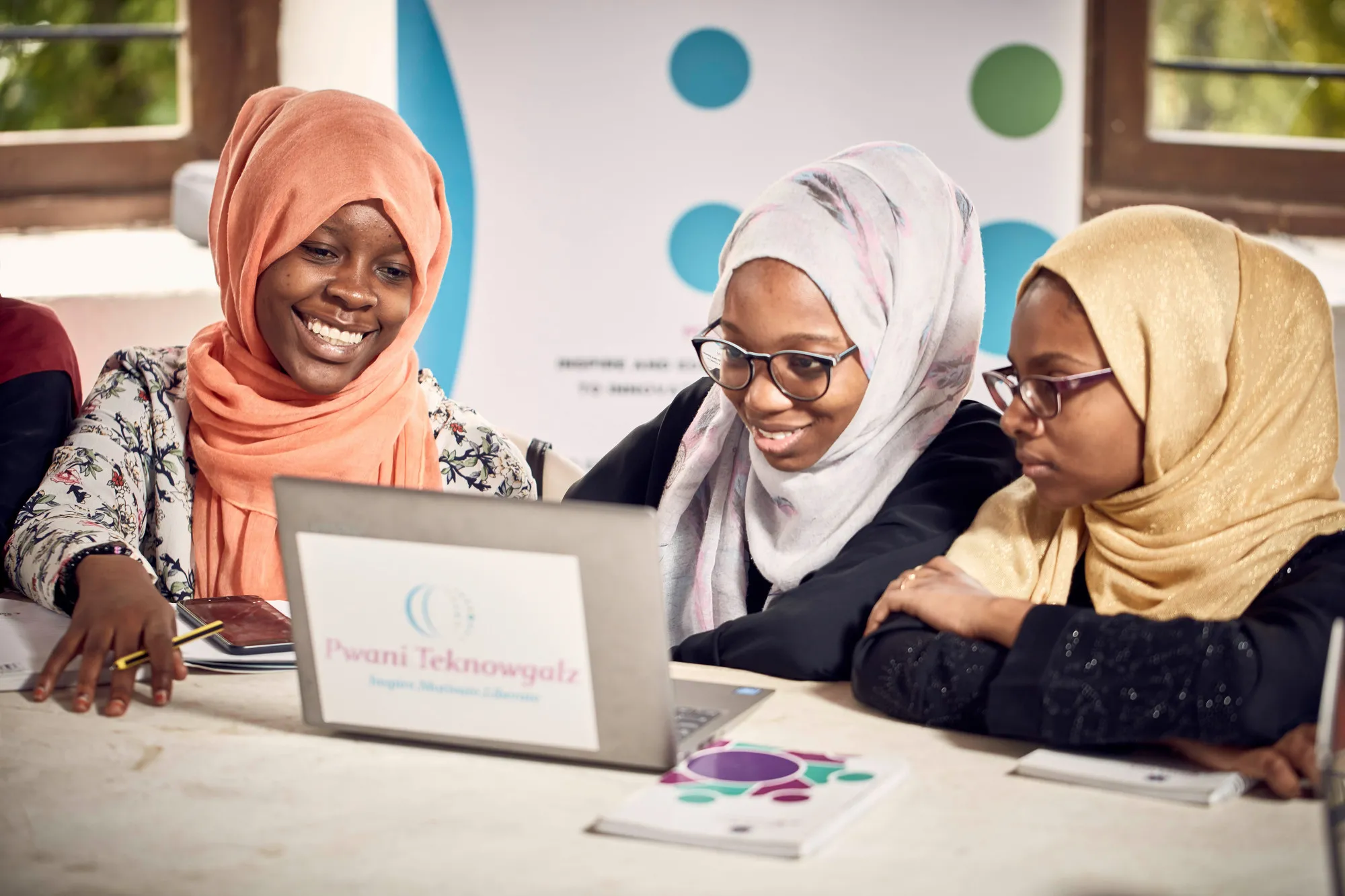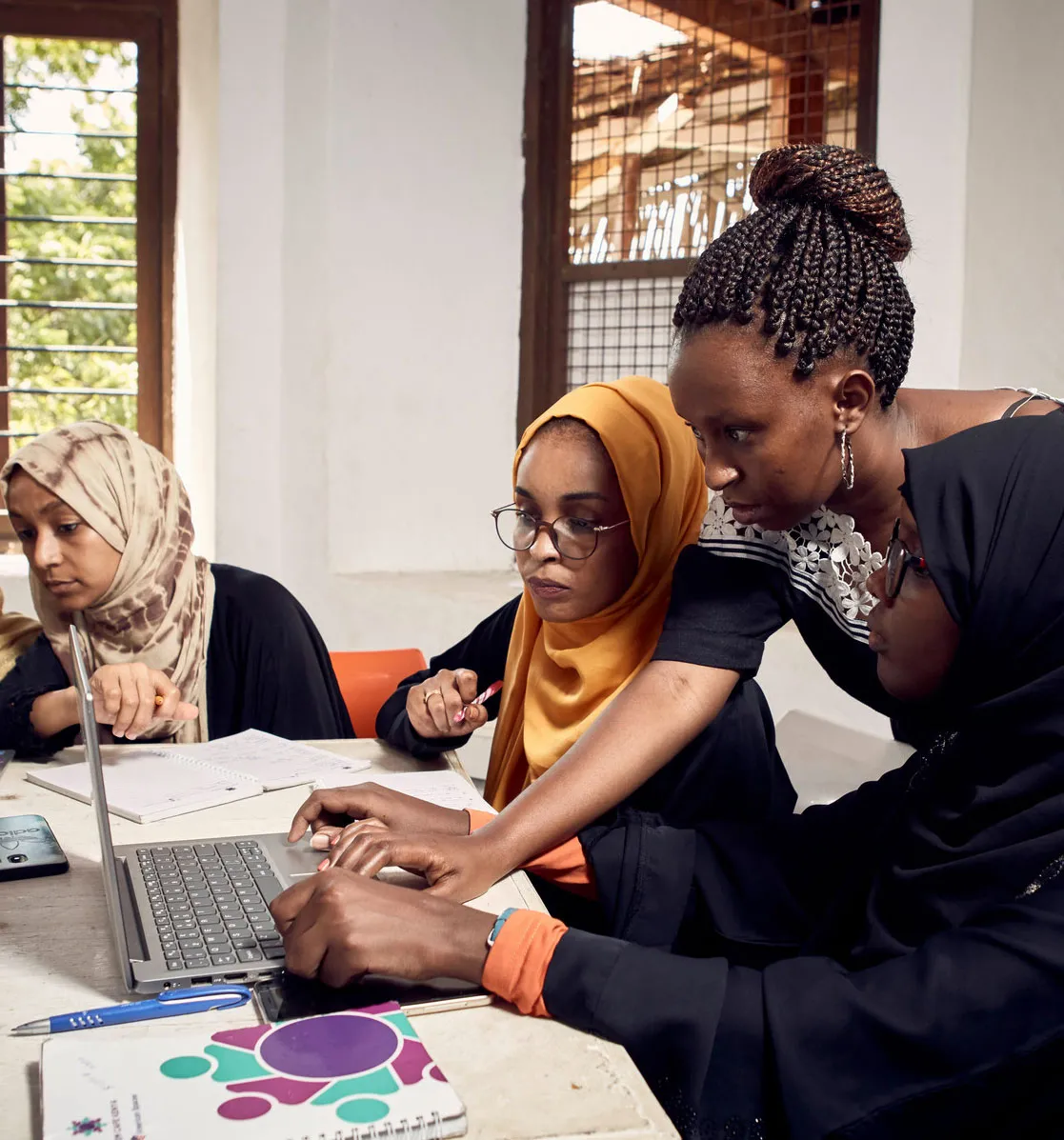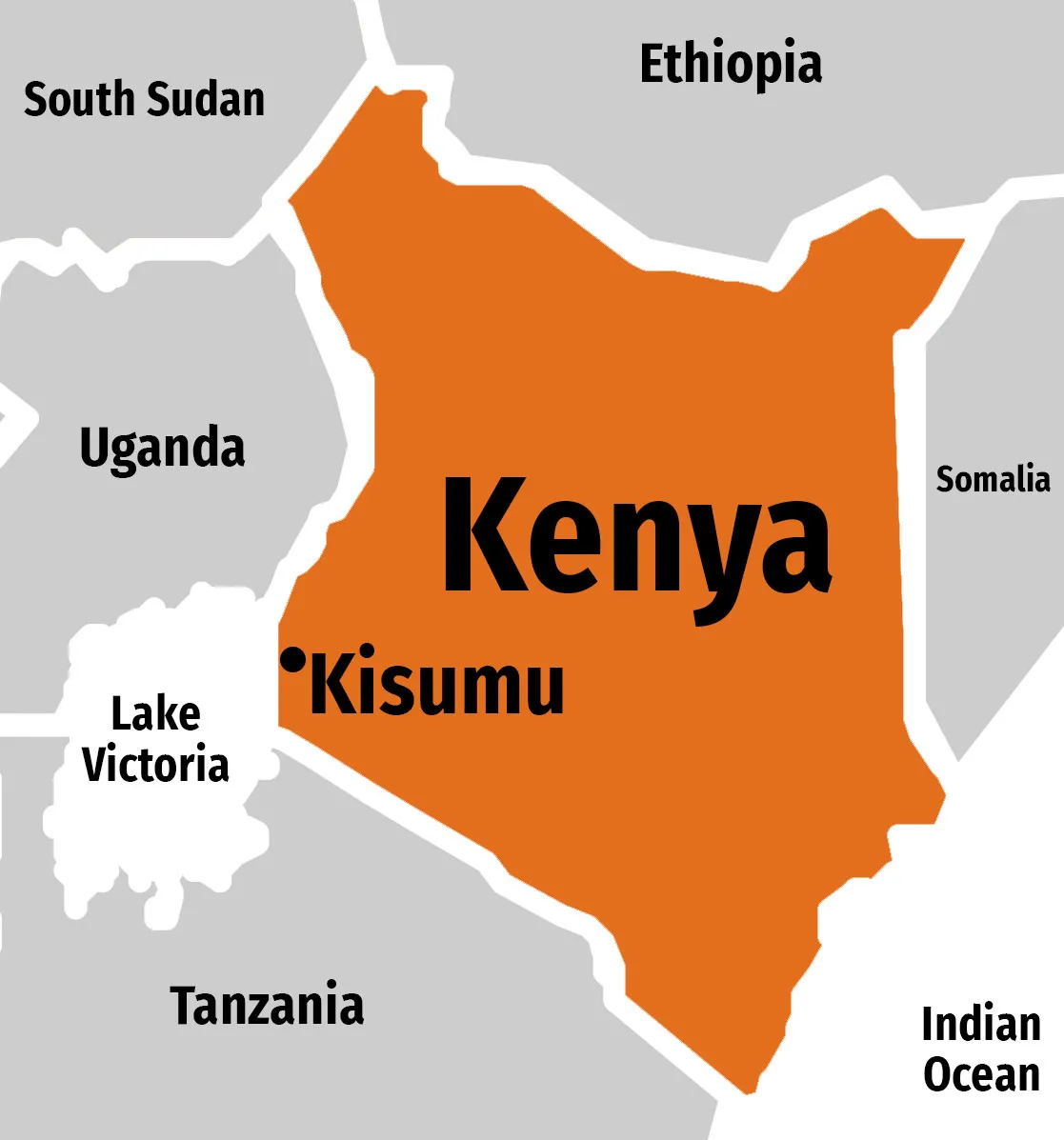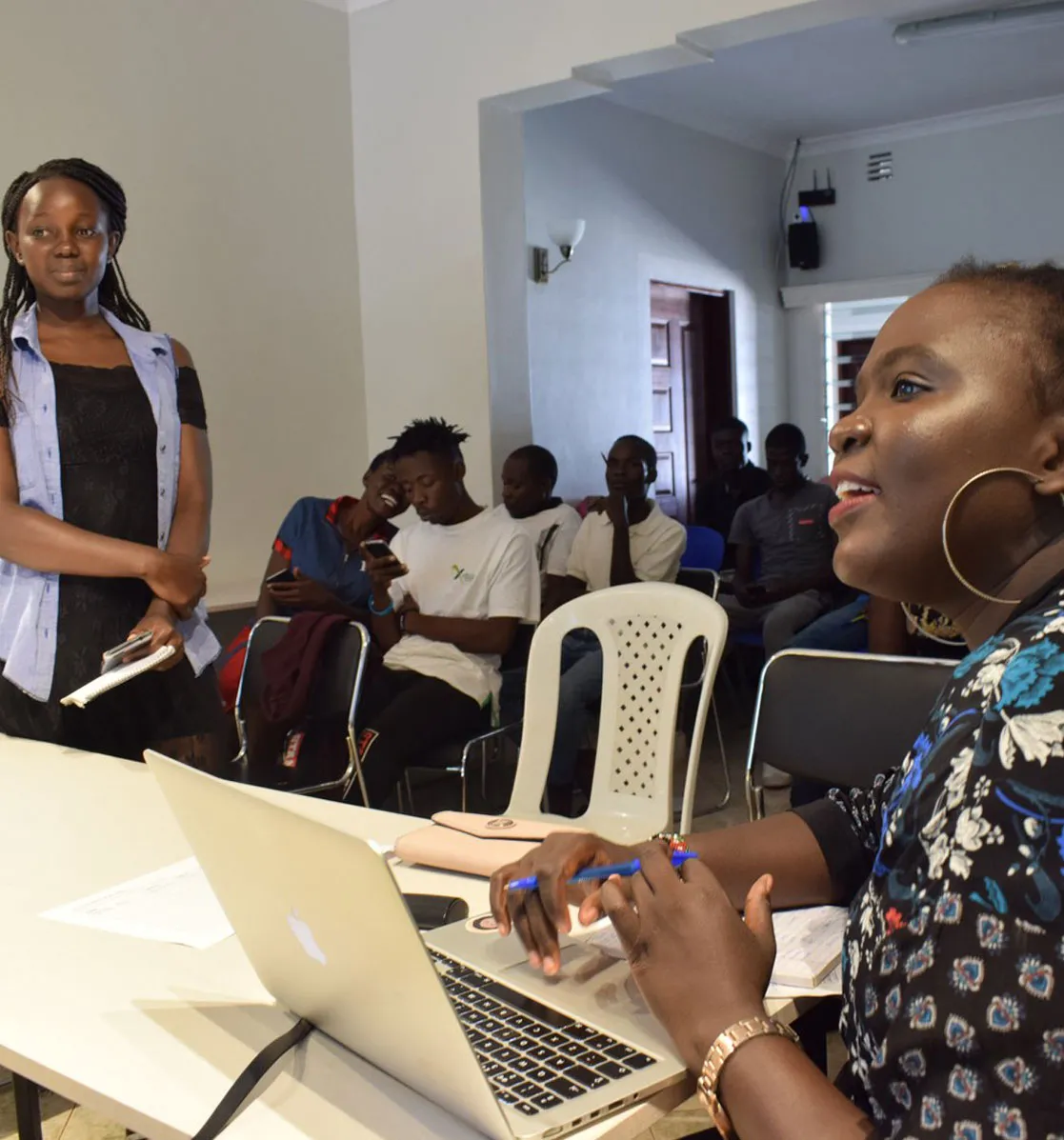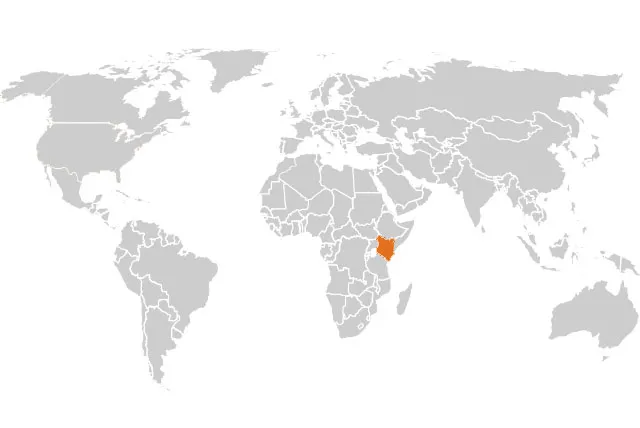After the internship, I went back to university and reflected on my experience. I could code, but was still viewed skeptically by others. I thought it would be better if younger girls were exposed to ICT and digital skills earlier in life. I shared my idea with the other girls in my program and they were excited. We shared it on social media and the response was positive, so we started training girls in two high schools in Mombasa.
We started to notice some gaps in tech education. For example, although we learned web development in class, we were not learning enough for the job market. Pwani Teknowgalz is trying to fill this gap. Our students, who are high school graduates, learn computer essentials, web development, digital marketing and python programming [a computer programming language].
Since our launch in 2015, we’ve trained over 2,500 girls. Some parents have even brought their boys for training. Many of our students struggle financially, so my hope is that they can use the skills they’ve gained from Pwani Teknowgalz to sustain themselves, support their families, and also give back.”

